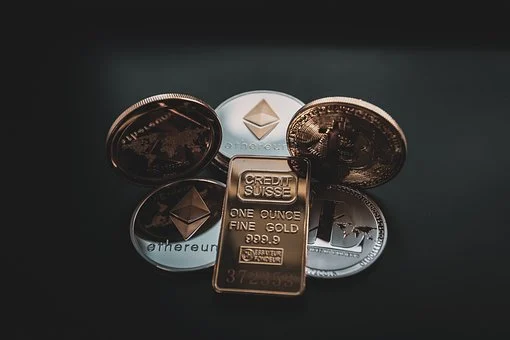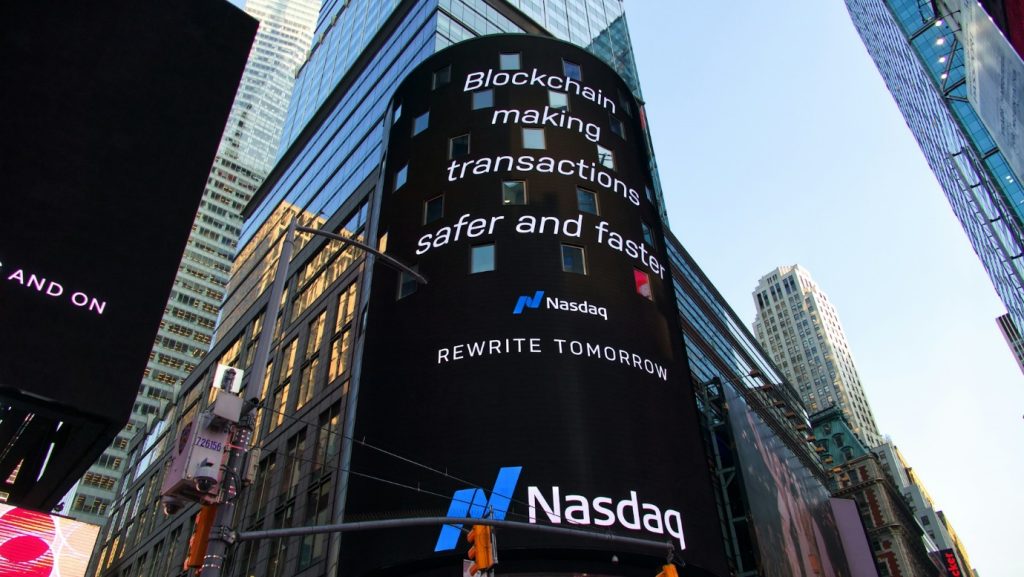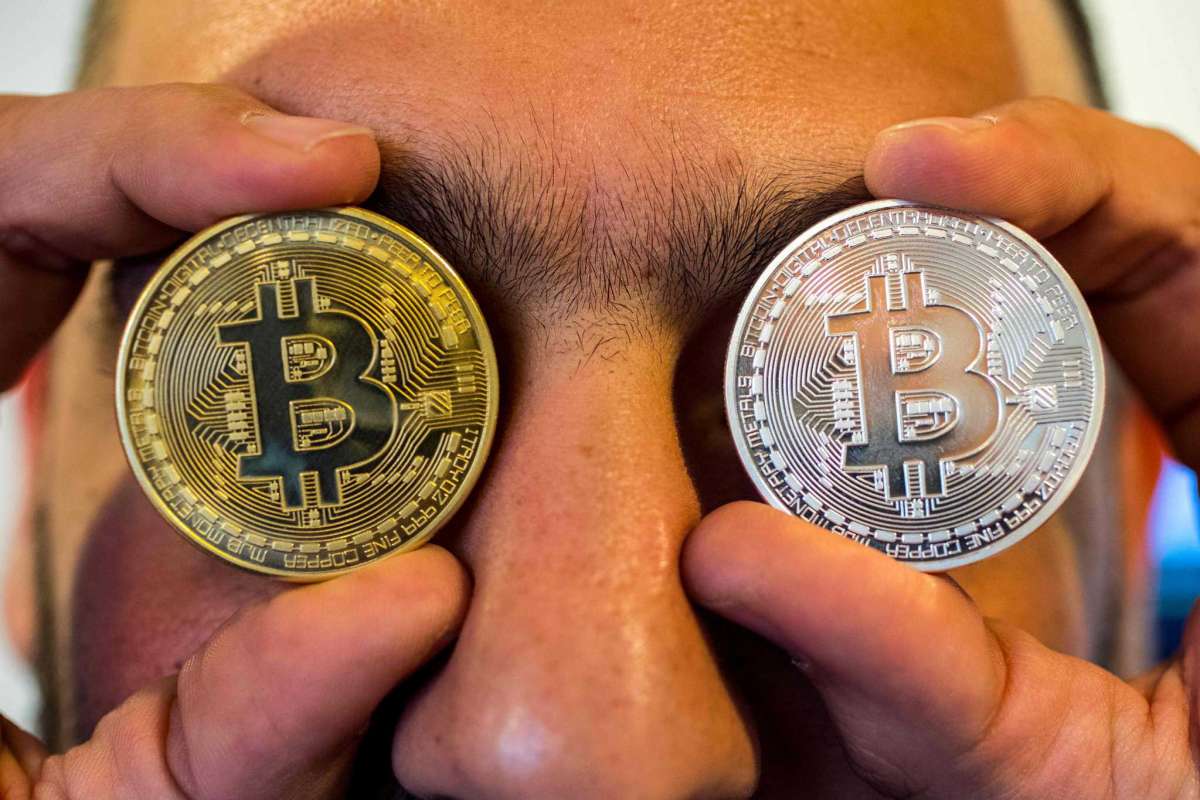Introduction
NFTs, or non-fungible tokens, have taken the digital world by storm. These unique digital assets have revolutionized the concept of ownership and opened up new possibilities for creators and collectors alike. In this article, we will delve into the world of NFTs and explore their potential to shape the future of digital ownership.
What are NFTs?
NFTs are digital tokens that represent ownership or proof of authenticity of a unique item or piece of content. Unlike cryptocurrencies like Bitcoin or Ethereum, which are fungible and interchangeable, NFTs are indivisible and one-of-a-kind. This makes them ideal for representing digital assets such as artwork, music, videos, virtual real estate, and even tweets.
How NFTs Work
NFTs are built on blockchain technology, which provides a decentralized ledger that records every transaction securely and transparently. Each NFT contains metadata that specifies its unique characteristics, such as its origin, ownership history, and other relevant details. This information is stored on the blockchain, making it tamper-proof and verifiable.
The Benefits of NFTs
Proof of Authenticity and Ownership
One of the key benefits of NFTs is their ability to establish proof of authenticity and ownership for digital assets. With traditional digital content, it’s difficult to ascertain the original creator or verify whether a copy is genuine. NFTs solve this problem by providing a clear and transparent ownership record, eliminating the risk of counterfeits or unauthorized reproductions.
Empowering Creators
NFTs empower creators by enabling them to monetize their digital creations directly. Artists, musicians, and content creators can mint their works as NFTs and sell them directly to collectors, eliminating the need for intermediaries. This gives creators more control over their work and a direct connection with their audience.
New Revenue Streams
NFTs open up new revenue streams for creators beyond traditional avenues like galleries or streaming platforms. By selling limited editions or even fractional ownership of their works, creators can tap into a global marketplace and reach a broader audience. Additionally, they can earn royalties from secondary sales, ensuring they benefit from the increasing value of their creations over time.
Collecting and Investing Opportunities
NFTs have created a new era of digital collecting and investing. Collectors can acquire unique digital assets from their favorite artists, celebrities, or brands, and showcase them in virtual galleries or on social media. Furthermore, some NFTs have shown significant appreciation in value, creating opportunities for investors to profit from the rapidly growing market.
Challenges and Considerations
Environmental Impact
While NFTs have garnered attention and success, it’s important to consider their environmental impact. The energy consumption associated with blockchain technology, particularly proof-of-work blockchains, raises concerns about carbon footprints. As the industry evolves, efforts are being made to develop more sustainable blockchain solutions.
Copyright and Intellectual Property
The rise of NFTs has also raised concerns regarding copyright and intellectual property rights. It’s essential for creators and buyers to understand the legal implications of buying or selling NFTs, especially when it comes to copyrighted content. Clear rules and regulations need to be established to safeguard the rights of both creators and buyers in this digital landscape.
Conclusion
NFTs are reshaping the future of digital ownership by providing a secure and unique way to represent and trade digital assets. With their ability to prove authenticity, empower creators, and create new revenue streams, NFTs offer exciting opportunities for artists, collectors, and investors alike. However, it’s crucial to address the challenges and considerations surrounding NFTs to ensure a sustainable and fair ecosystem for all participants. As the world continues to embrace digital transformation, NFTs are poised to play a significant role in shaping the future of ownership in the digital age.








Facebook Comments